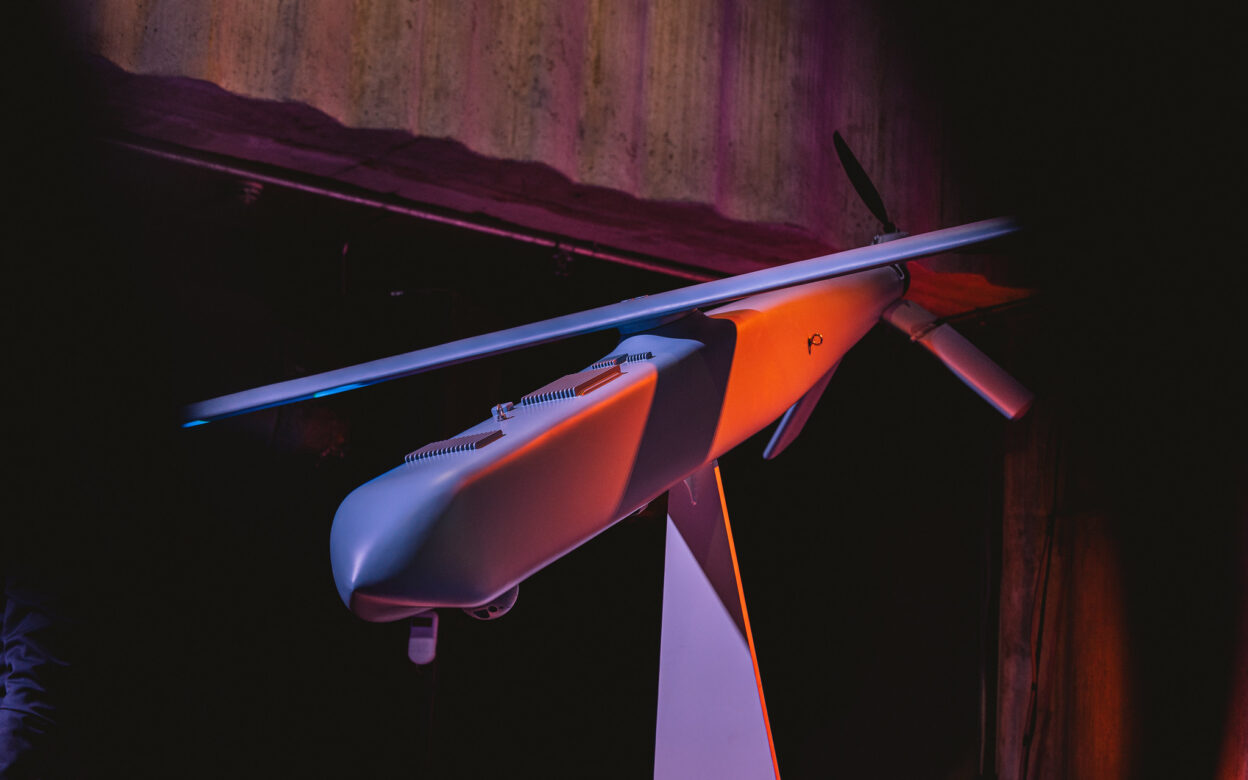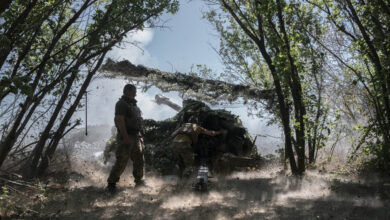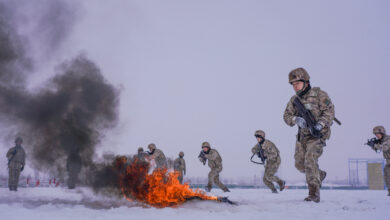Estonia Launches 7-Year Tender for Loitering Air Munitions
Estonia has opened a tender for loitering air munitions to enhance its military capabilities with various short- and long-range systems.
The initiative is supported by the Estonian Centre for Defence Investments (ECDI) and will span seven years.
“The aim of the tender is to sign a framework agreement with multiple providers to procure comprehensive air munition capabilities,” said Ramil Lipp, Strategic Category Manager of the ECDI.
In particular, Tallinn seeks to bolster its defense efforts with drones, including first-person view platforms, various targeting and signal-extending devices, ground support units, as well as training, lifecycle support, and maintenance services.
Loitering Air Munitions
Loitering munitions, also known as kamikaze drones, have gained significant relevance in Ukraine, where they are deployed by both defending and invading forces.
The conflict has prompted nations worldwide to invest in these systems.
“The war in Ukraine has demonstrated that loitering air munitions or attack drones are highly effective tools for halting an adversary and delivering extremely precise strikes,” stated Lipp.
Estonia is part of a Latvia-led initiative to form an international coalition to develop and deliver different types of drones to Ukraine.
While still relying on foreign support, Ukrainian President Volodymyr Zelensky said in October that the country is reaching the capacity to produce four million drones annually.
Moscow also uses drones extensively, with Kyiv saying it observes up to 1,000 Russian drones flying over its territory daily, according to The Economist.
Boosting Defense
Tallinn shares 294 kilometers (182 miles) of its border with Russia, and amid rising tensions from the ongoing war in Ukraine, the Baltic country is working to expand national defense production while strengthening cooperation with NATO allies.
Last month, Estonia selected the local firm Nitrotol OÜ for an ammunition and explosives manufacturing line at the Ämari air base in the country’s north, which is expected to begin operating by early next year.












